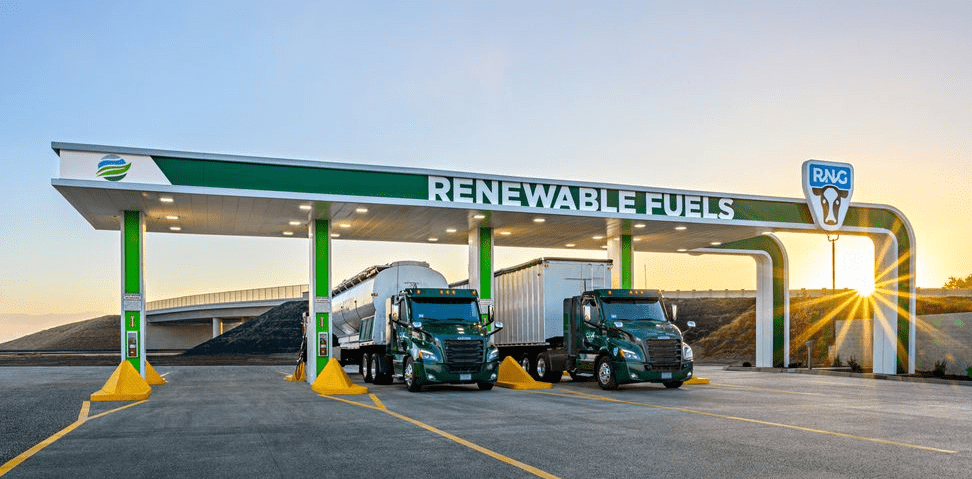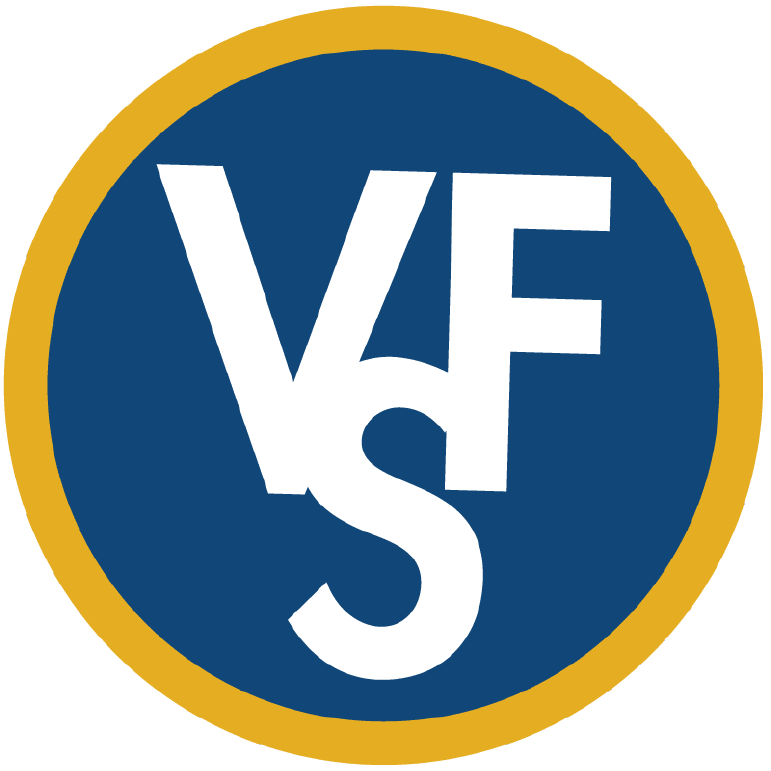Beyond the increasing number of funding opportunities for electric vehicles, many fleets are still looking to other forms of clean tech to reduce emissions and decrease overall fuel costs. Options such as renewable natural gas (RNG) can further these efforts and provide unique opportunities for partnerships to improve air quality. But to get these efforts in line with sustainability goals, some fleets need some help along the way.
Western Milling Continues to Keep it Clean
In November 2020 Western Milling, a grain and feed manufacturer in Tulare County, California, began operating its first compressed natural gas (CNG) fueling station. The station, paired with the deployment of more than 30 CNG trucks, highlights the continued effort by Western Milling, and its subsidiary Kruse Western Renewable Fuels (KWRF), to lower its emissions in the Central Valley. All the fuel dispensed at the station is renewable natural gas (RNG), the biogas that is produced at dairy farms located in California’s Central Valley.
Complimentary webinar, May 6, on emerging regulations, funding programs, and support available for Central Valley fleets.
RNG presents a unique opportunity to improve GHG emission reductions, not only from the transportation industry, but by partnering with other sources of emissions, like landfills and dairy farms, to create fuel sources that can become carbon negative. KWRF participates in the California Low Carbon Fuel Standard (LCFS) program to generate credits, which creates value for California dairies producing RNG and makes it a more cost-competitive fuel.
Rene Urquia, the director of environmental health and safety for Western Milling, spearheaded the project and led the company’s efforts to secure funding for the project, knowing it would be needed to support the company’s transition to natural gas. Through careful operational planning, Urquia led the Western Milling team and combined their strong relationships within the Central Valley and knowledge of funding opportunities to drastically cut project costs. Grant programs from the California Air Resources Board (CARB) and San Joaquin Valley Air Pollution Control District (SJVAPCD) funded 75% of the cost of their new Class 8 CNG trucks. Urquia also secured considerable funding for the fueling station from SJVAPCD.
RNG provides opportunities to improve GHG emissions, as a fuel source that can become carbon negative and earn LCFS credits.
SJVAPCD: The Key to Clean Tech Projects
SJVAPCD, which serves an area extending roughly from the Sacramento Delta to the Tehachapi Mountains, is one of the primary sources of funding for clean transportation projects in the Central Valley. It has worked with countless fleets, school districts, cities, and other businesses to fund clean transportation projects, administering nearly $1.5 billion in grants to achieve significant emissions reductions with corresponding air quality and health benefits. With a variety of innovative grants and other programs for businesses, non-profits, public agencies, and residents, SJVAPCD continues to improve the health and quality of life for the Central Valley. The agency is a key resource for fleets of any size who operate in the Central Valley and are interested in implementing an alternative fuel project.
The Advanced Clean Fleets Rule, Updates and How it Impacts Your Fleet
California legislature continues to push the bill on zero-emission transportation rulings. CARB’s most recent ruling, the Advanced Clean Fleets regulation, establishes a goal of achieving a zero-emission truck and bus California fleet by 2045, where feasible, with certain market segments being targeted with earlier dates. While it is still under development, the ruling would target three main segments: private fleets (operating more than 50 vehicles or $50 million in revenue), public fleets, and drayage fleets operating at ports and railyards. The ruling would require a transition to 100% zero-emission operations for all on-road vehicles over 8,500 lbs. GVWR (Class 2) by 2045, with a requirement for certain high-priority fleets to transition to 10%, 25%, 50%, and 75% zero emissions at earlier dates.
The Advanced Clean Fleets Rule will require a transition to 100% zero-emission operations for all on-road vehicles over 8,500 lbs.
Valley Fleet Support’s No-Cost Consulting Services
Funded by the California Energy Commission, the Valley Fleet Support Program’s mission is to support the reduction of commercial fleet emissions and promote the deployment of clean transportation projects in California’s Central Valley. The Valley Fleet Support team provides no-cost support to any commercial vehicle operators interested, considering, or already implementing clean transportation projects. This includes navigating the grant and incentive landscape, grant applications, compliance and regulations assistance; organizing fleets to access the Three-Way Truck Trade-Up; and accessing new and emerging near-zero-emission and zero-emission technologies through various partners. The program is administered by Gladstein, Neandross, and Associates, a California-based, national clean transportation and energy consulting firm with more than 25 years of experience supporting vehicle manufacturers, fuel suppliers, and fleet operators of all sizes implement clean transportation projects.
To date, the program has helped over a hundred fleets, businesses, school districts, and cities with compliance issues, incentive funding, and grant applications to fund alternative fuel projects in the Central Valley.
The Valley Fleet Support team provides no-cost support to commercial vehicle operators in the Central Valley for clean transportation projects.
Join Valley Fleet Support and ACT News for a complimentary webinar May 6th, at 2 pm PT on current and emerging key rules and regulations, funding programs, successful alternative fuel projects, and other support available for Central Valley fleets. Western Milling’s Urquia will also be presenting, sharing the company’s experiences operating CNG trucks in the Central Valley and his methods for acquiring funding. David Lopez, senior air quality specialist at SJVAPCD, will provide an update on upcoming funding opportunities in the Central Valley during the webinar.
Gladstein, Neandross & Associates’ Rebecca Schenker will be presenting on the Advanced Clean Fleets rule, what it would mean for fleets in the Central Valley and California as a whole, and how to submit feedback to CARB on the ruling. Mark Conolly, program manager at GNA for Valley Fleet Support, will also provide an overview of the program and answer any questions. For more information about this program, please visit the Valley Fleet Support website or reach out to a staff at (424) 389-1879 or hotline@valleyfleetsupport.org.



